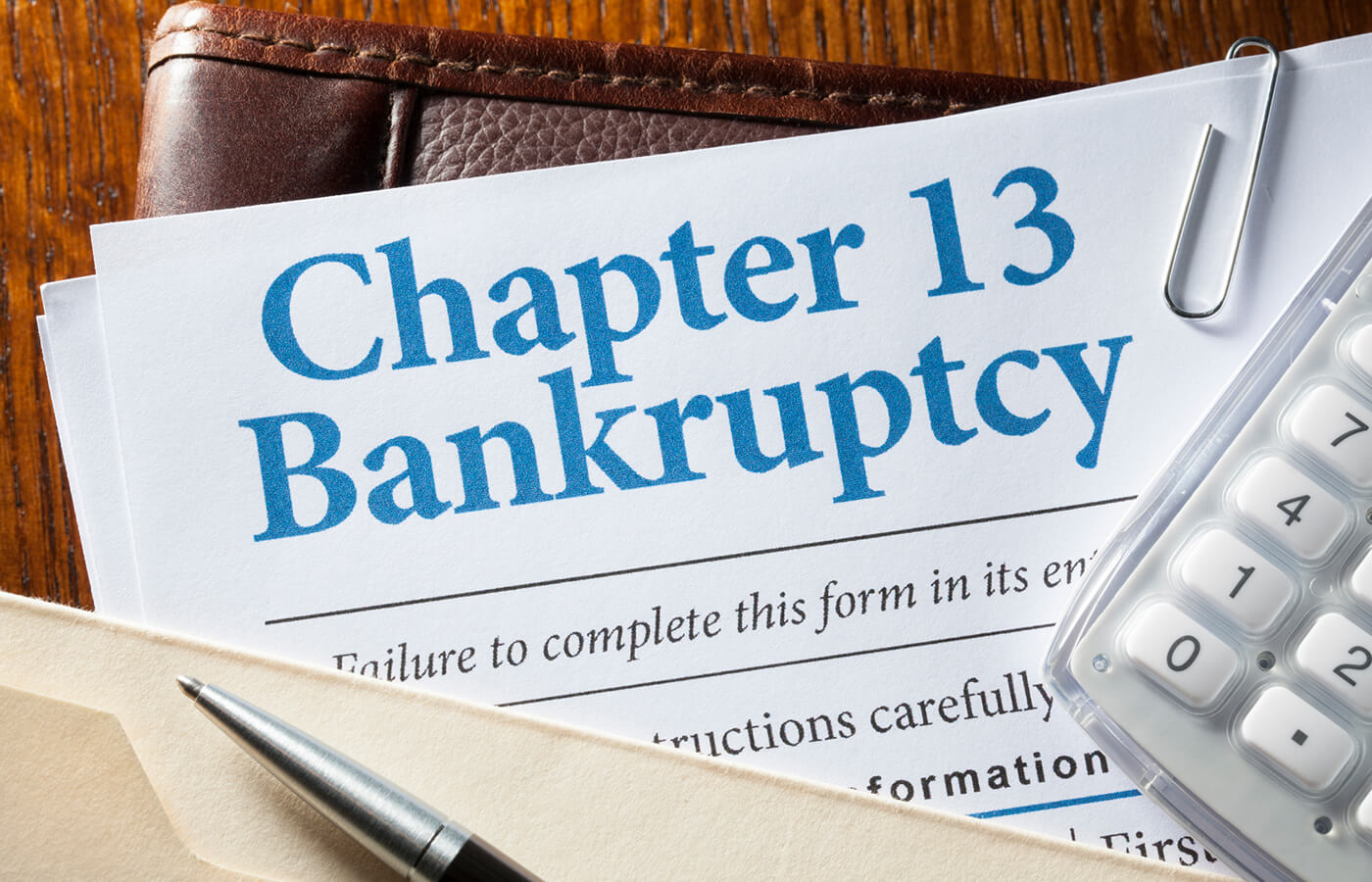Chapter 13 bankruptcy is a type of bankruptcy that allows people to repay their debts over a period of three to five years. It is also known as a wage earner’s bankruptcy, because it is designed for people who have regular income.
Table of Contents
Who qualifies for Chapter 13 bankruptcy?
To qualify for Chapter 13 bankruptcy, you must have regular income and be able to afford to make monthly payments to your creditors.
What debts are dischargeable in Chapter 13 bankruptcy?
All unsecured debts, such as https://www.lawhints.com/ credit card debt, medical debt, and personal loans, are dischargeable in Chapter 13 bankruptcy. Secured debts, such as mortgages and car loans, are also dischargeable in Chapter 13 bankruptcy, but you must make payments on these debts in order to keep your property.
What happens during Chapter 13 bankruptcy?
The first step in Chapter 13 bankruptcy is to file a petition with the bankruptcy court. The petition will list your assets, debts, and income.
Once you have filed the petition, you will meet with a trustee. The trustee is a court-appointed official who will oversee your case. The trustee will review your finances and help you to create a repayment plan.
Your repayment plan will outline how much money you will pay to your creditors each month and how long your bankruptcy will last. Your repayment plan must be approved by the bankruptcy court.
Once your repayment plan is approved, you will start making payments to the trustee. The trustee will distribute the payments to your creditors.
After you have completed your repayment plan, your remaining debts will be discharged.
Benefits of Chapter 13 bankruptcy
Chapter 13 bankruptcy can provide people with a number of benefits, including:
- Debt relief: Chapter 13 bankruptcy can help people to repay their debts over time and get out of debt.
- Stop creditor harassment: Once you file for Chapter 13 bankruptcy, your creditors are not allowed to contact you or try to collect your debts.
- Keep your property: Chapter 13 bankruptcy allows you to keep your property, such as your home and car, as long as you make payments on your secured debts.
- Improve your credit score: If you successfully complete your Chapter 13 bankruptcy plan, your credit score will improve over time.
Drawbacks of Chapter 13 bankruptcy
Chapter 13 bankruptcy also has some drawbacks, including:
- Long process: Chapter 13 bankruptcy can last for three to five years.
- Strict requirements: You must follow your repayment plan closely and make all of your payments on time. If you miss a payment, your bankruptcy could be dismissed.
- Credit score impact: Filing for Chapter 13 bankruptcy will stay on your credit report for seven years. This can make it difficult to get a loan or credit card in the future.
Conclusion
Chapter 13 bankruptcy can be a good option for people who want to repay their debts over time and keep their property. However, it is important to weigh the benefits and drawbacks of Chapter 13 bankruptcy before filing. You should also speak to a qualified bankruptcy lawyer to discuss your options.

